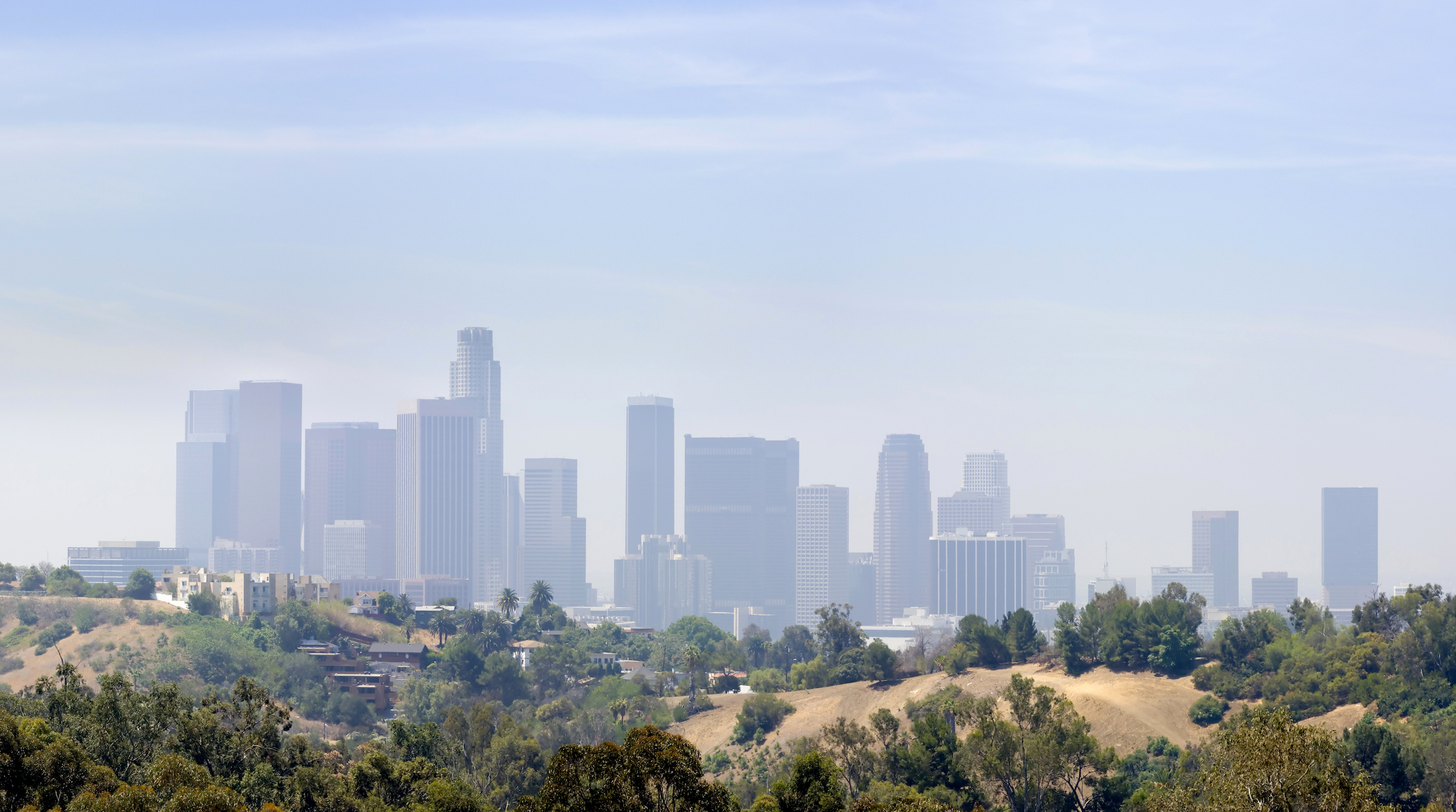
Air pollution affects genes more even more than inherited DNA
The connection between air pollution and cardiovascular and respiratory disease is well known. Exposure to pollutants can irritate the nose, eyes, throat, and lungs, worsening asthma symptoms and increasing the chance of disease.
However, a new study published in the journal Nature Communications has found that air pollution changes the expression of our genes, and that the influence of pollutants is stronger than the genes we inherit from our parents.
While previously it was thought that your genetic heritage had the most say over your genes, a research team from the Ontario Institute for Cancer Research has found that in fact, geography and exposure to air pollution plays a major role.
For example, sulfur dioxide can affect 270 genes associated with asthma and cardiovascular disease.
The researchers collected blood samples, genetic data, and personal information on 1,007 participants from three different areas in Quebec Province, Montréal, Quebec City, and Saguenay-Lac Saint-Jean.
Both Quebec City and Montreal are major cities which showed the researchers how pollution in large urban areas differed from the smalle, less populated Saguenay-Lac Saint-Jean.
The researchers also gathered data on air different air pollutants in the three areas, comparing volume and exposure to pollutants to the genetic makeup and gene expression of the participants.
No matter the ancestral history, the researchers found pollutants in specific geographic areas had the biggest influence on gene expression.
“Both genetic variation and gene expression followed something of a geographic cline,” Philip Awadalla, the study’s lead author, told Daily Mail. “Leading us to initially think that gene expression was driven by your genotype. In fact, that was largely not the case. Most gene expression variation is associated with where you live rather than your genetic ancestry.”
Awadalla said the researchers considered hundreds of variables that may affect gene expression, but the results consistently pointed to air quality and exposure to pollutants as having the strongest impact.
—
By Kay Vandette, Earth.com Staff Writer













